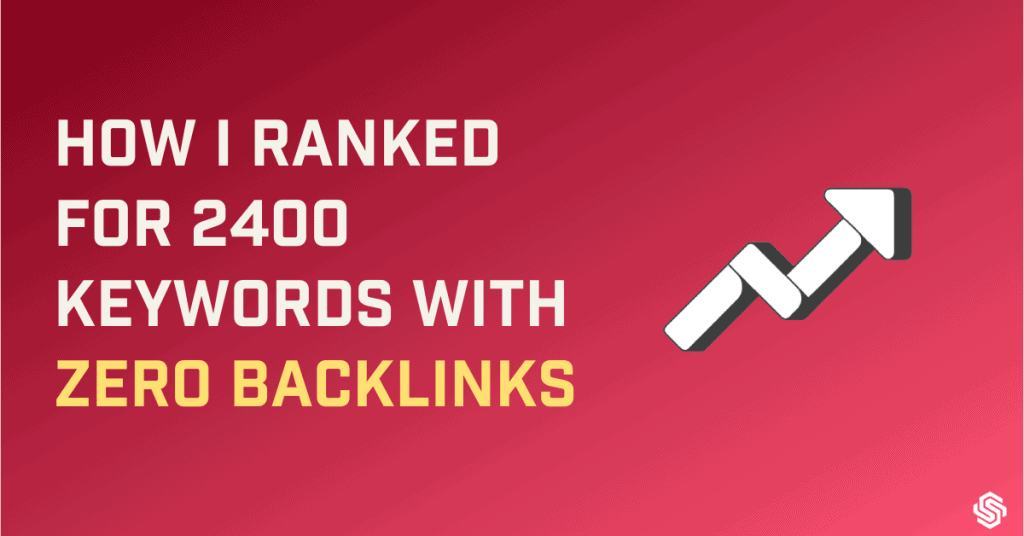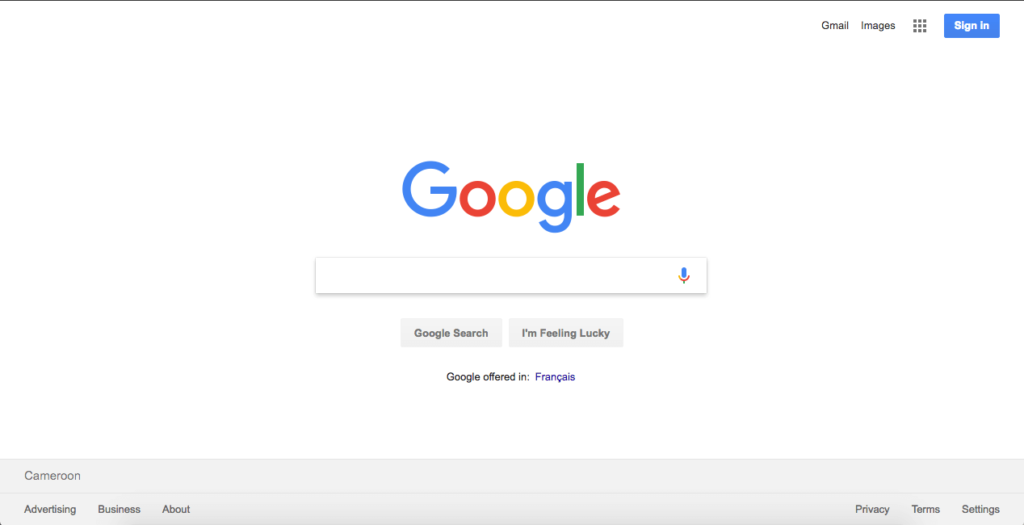
Key takeaways for you
| – The changes made by Google in its ranking algorithms are known as Google Updates. – Due to the changes in the formula your web page rankings are shuffled due to the updates. – If you want to protect your website from future updates, you should consistently create high-quality content and refrain from using any black hat SEO Techniques. – Make your content much better informatively than your competition and make relevant use of backlinks to enhance your website’s relevancy and authority. – Google changes its algorithms 500-600 times a year and it’s not possible to keep a track of every one of them, so it’s important for you to give the best user experience and solve your user’s queries with your content to impress the search engine. |
Which search engine do you use?
Let me guess!
It’s Google, isn’t it?
If I guessed right, you are among the 78% desktop and 89% mobile search traffic. Others are primarily region-specific search engines.
Google is a reigning giant whose size cannot be comprehended. It is larger than the other search engines in the world put together, comprising 92.18% of the search engine market.
How does it manage to stay on the top on such a grand scale, ever so consistently?
It is made possible by people at Google, who are working hard to update the algorithm EVERY DAY!
When the updates are significant in nature, they are called “core updates.” Read on to know what is core update in SEO.
What are Google core updates?
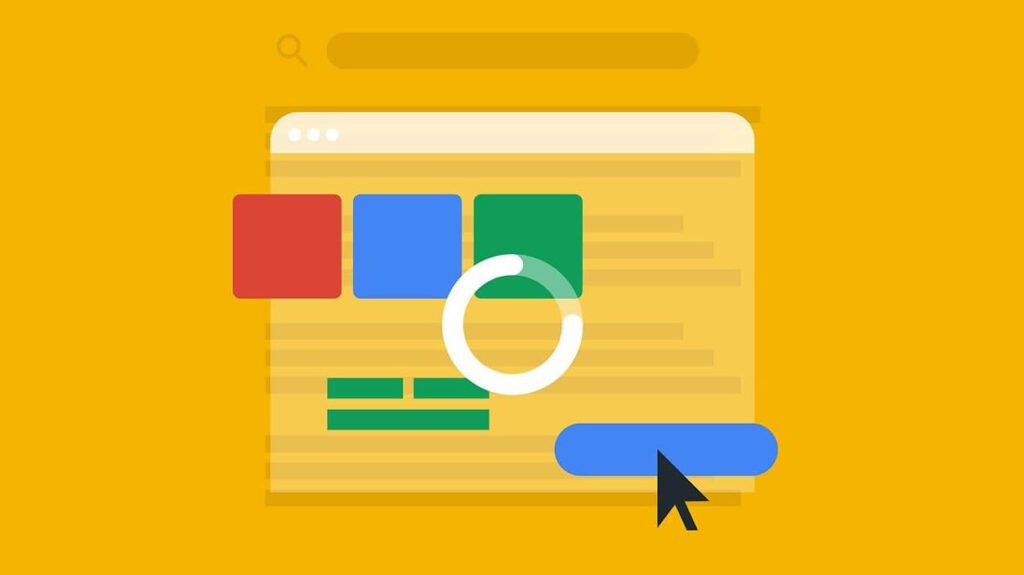
Core updates are the changes that a search engine makes in its ranking algorithm. These updates occur once every two or three months and are designed to improve search results ensuring quality and relevance.
As I mentioned earlier, updates are occurring on a daily basis which is also improvements in search, but these changes are minor and not very noticeable as they may affect about 0.1 % of the results.
But core updates affect 5% to 10% of all searches and can have a drastic effect on search results.
“Sometimes, an update may be more noticeable. We aim to confirm such updates when we feel there is actionable information that site owners, content producers, or others might take in relation to them,” says Google about core updates.
Some of the notable core updates by Google are Penguin, Panda, Hummingbird, Pigeon, FRED, and BERT.
You can read about the different updates in the history of Google algorithm updates by Search Engine Journal.
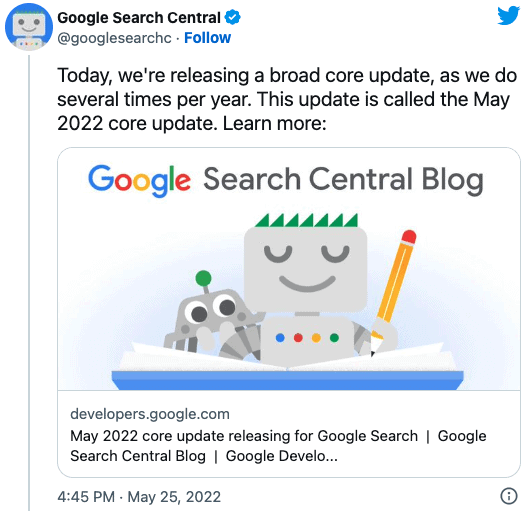
Google core updates are often compared to a list of recommendations for TV shows to watch. These recommendations change with time as older shows are replaced by new ones to keep them relevant and up-to-date.
Google also gives particular importance to these updates by announcing them and naming them compared to other algorithm updates.
What does this mean for SEO? Let’s see.
How do Core updates affect SEO?
Without beating around the bush, let me tell you, core updates are bad for SEO.
The formula that makes web pages rank is tweaked now and then. That means the search rankings of web pages are shuffled.
That also means a ranking web page may not rank anymore, and a low-ranking web page may step up in rank after a core update.
Supposedly, your SEO objective is to get in the good books of Google. You would be adjusting your website so that you are responding to the algorithm. You identify a ranking signal and target it.
Oh, to be noticed by Google!
You would have barely made it to the first page, and BAM!!
Google changed its algorithm!
All that time, energy, and efforts you put into optimizing your web pages are in vain.
What’s worse is that core updates can also impose penalties. For example, the Panda update imposed an algorithmic penalty on websites with thin content automatically. Nothing cute about this one, eh?
How do you know your website has been affected by a Core update?
You will not know the effects immediately. If you have been tracking the performance of your web pages and know where things stand, you will know a core update has affected them through two indicators:
Decrease in ranking
You can look at the SERP ranking of your website to check whether a core update has affected your website. You may want to track it for a few weeks to identify that the change is a drastic one.
SERP rankings can be tracked using either Google Search Console, Ahrefs, or a regular Google search. For a regular Google search, you need to try different keywords with different search intents.
Decrease in traffic
If your rankings decrease, you will see a drastic drop in the incoming organic traffic to your website. You can track the same using Google Analytics.
How to make your website Core-update-proof? (and how to recover from a core update?)

Listen, Google is not out to get you. Don’t let the updates get you down!
Google usually announces well in advance when it is rolling out a new core update. It also explains why it is making the core website, which types of websites it is going to affect, and to what extent
You can find this on Google Webmaster Central Blog, Google SearchLiason on Twitter, and other websites that talk about the news of Google. You can give it a read and make updates of your own to your website.
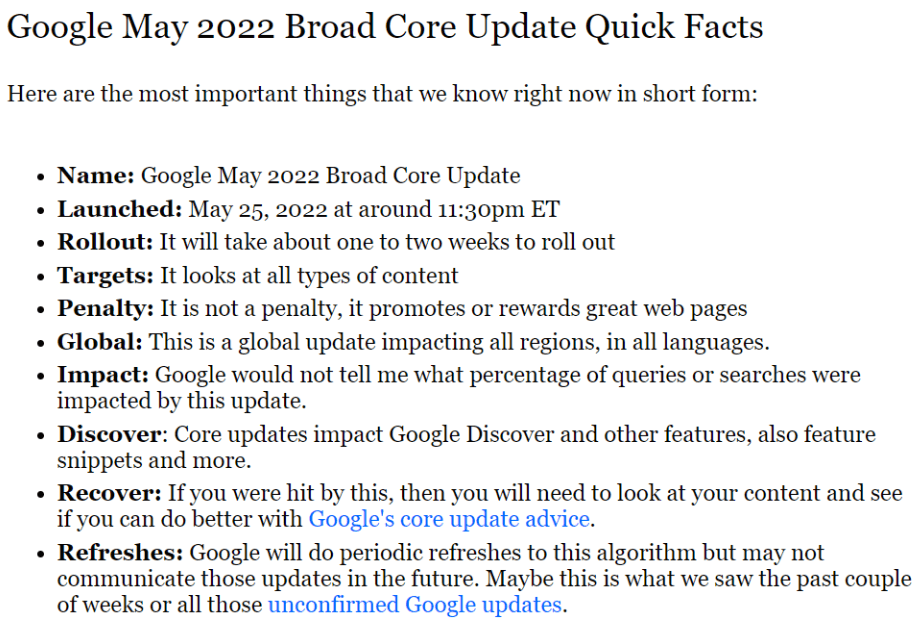
Google came up with an update on August 25, 2022, called the “Helpful content update”. Let us try to understand Google’s intention based on what this update is about.
The update began on the 25th of August, 2022, and here are some important details about the update:
- It may take up to 2 weeks to complete.
- The update is sitewide. It means that your whole website cant be negatively impacted if a major portion of the content is unhelpful.
- The process of determining how helpful a site’s content is is an automated process that uses machine learning.
- The update will initially impact only English searches to start with but intends to expand to other languages eventually.
- Google says even if you remove unhelpful content from your website, it is going to take months for your site to do better.
- The update applies a signal which is removed only once it decides your site is no longer producing unhelpful content for a long time.
Let’s keep the algorithm aside and look at what Google wants to achieve by performing core updates such as the:
- Help users in the best way possible
- Improve search quality
- Improve the relevance of search results
- Prevent you (and other webmasters) from manipulating users and Google itself and penalize offending websites.
If you want to protect your website from core updates, then join hands with Google and help it achieve what it wants.
- Focus more on creating the best quality content you can, rather than investing too much effort in finding ways to rank.
- Write in-depth, comprehensive content to increase relevance to the search queries.
- Follow Google’s guidelines and avoid black-hat SEO techniques for traffic and ranking (e.g.: keyword stuffing, spam links, hidden links, and paid links).
- You can make use of backlinks to let Google know of your brand value.
Ultimately, it is useful content that makes your website valuable. If you focus more on that, Google will recognize your website’s relevance and rank it naturally.
How to create useful content?
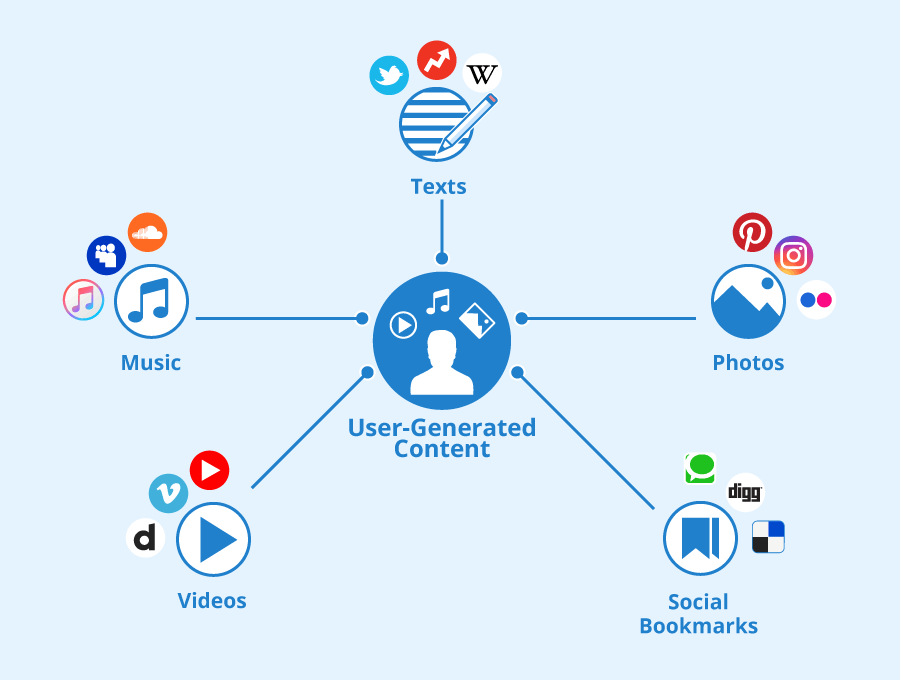
First of all, do not panic when there is an update, and trying to change something you don’t is bad for you.
We do not know for sure what Google deems as helpful or unhelpful. But if you design your content to help people and not something that fits an algorithm, it should work.
Review existing content by performing a content audit using Google Search Console and to see how your content is performing. Ask yourself these questions:
- Do you have a targeted audience that you or your brand can help with through your content?
- Does your content come from first-hand expertise and depth of knowledge?
- Does your content have a well-defined agenda?
- Does your audience leave with a feeling that they have learned all they need to know about a topic and that it has fulfilled their goal (of reading the content)?
- Are they satisfied with the content?
Have your answers ready for the above questions and try to fulfill any lacking. Maybe you can have a checklist to ensure that your content is helpful and unique.
- Add insights and pointers that you feel your audience needs to know and that your competitors aren’t providing.
- When you research a certain topic, explore beyond the top-ranking results. Watch videos, and find posts and information from experts relating to the topic. You can also reach out to experts in your niche to get information and feedback directly.
- Get into as much detail as possible in covering a topic.
- Update your content regularly and do not let it stagnate. Make a habit of revisiting your old posts and making relevant changes and adding information, and re-optimize them.
- Add visual aids, podcasts, videos, and other media resources related to your content.
Google’s Search quality rater’s guidelines are set forth to explain how the search engine assesses content. Based on these guidelines, websites are evaluated for Expertise, Authoritativeness, and Trustworthiness (E-A-T).
Speaking of what site owners need to know about Google core updates, Google advises on self-evaluation of your content by asking four types of questions:
Content and quality
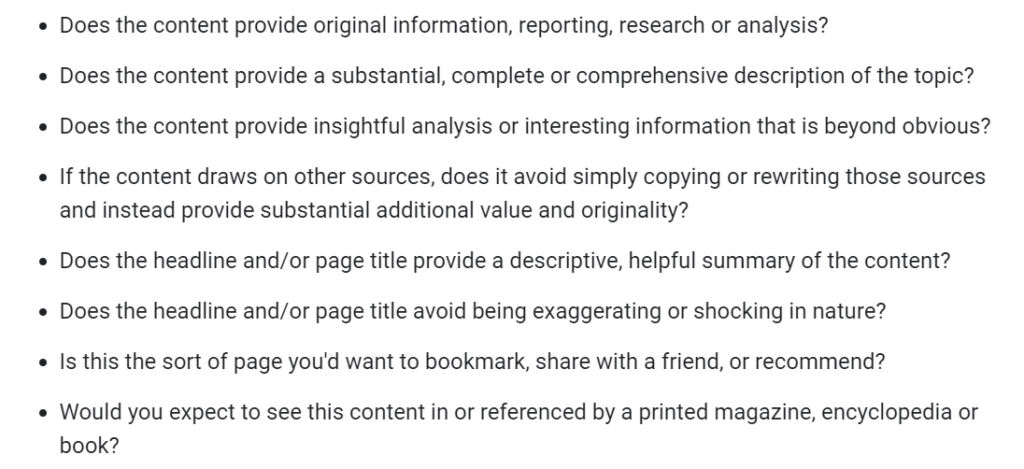
Expertise
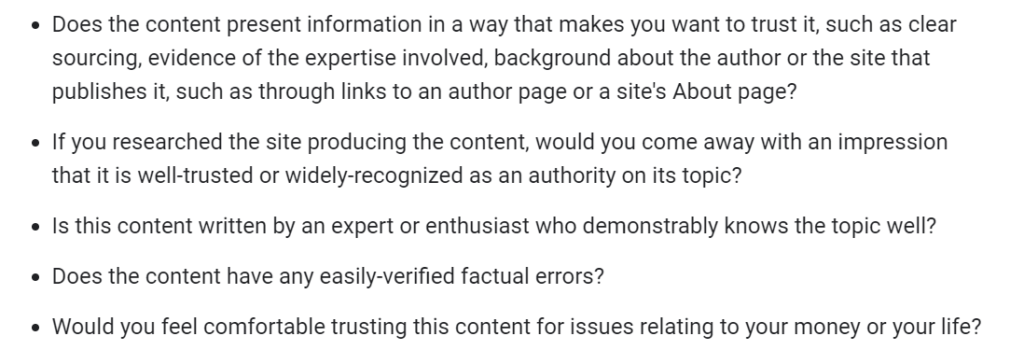
Presentation and production
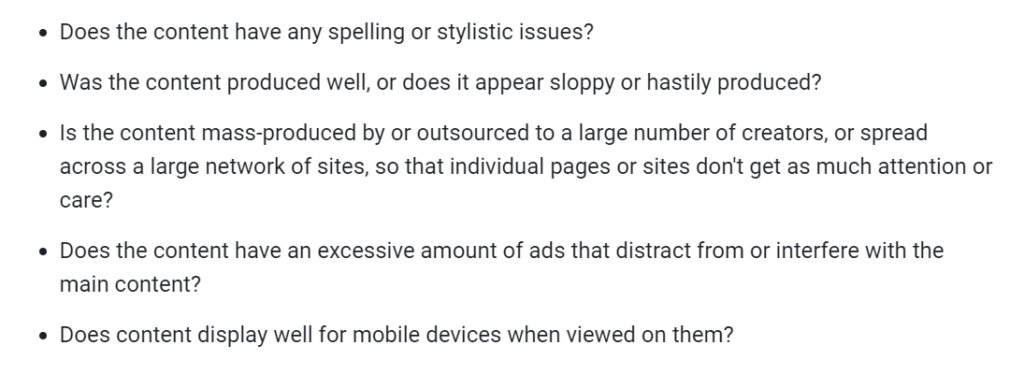
Comparison (with your competitors)

Conclusion
Google changes its algorithm 500 to 600 times every year and has performed thousands of updates. The company does not use a formula that it has already used.
The core updates are the most impactful ones. This dedication to improving user experience has kept us at the top of the market.
There are no foolproof techniques to rank but optimized practices for optimizing your website.
We can perhaps borrow a page from Google books and apply the same with our websites by aiming to provide valuable and relevant content and help solve user queries rather than finding ways to work with the algorithm.
Google is doing its job, are you?
FAQs
What is a Google algorithm?
Google algorithms are a collection of rules that Google follows to rank websites in search results by retrieving data from web pages.
It tries to understand what searches are made for and rank the best possible response to these searches according to relevance and quality.
Are Google core updates different from other updates?
Yes.
They are different and more significant than other updates. They are not only designed differently but also the changes made are multiple to make search results more valuable and relevant. These changes are necessary to keep up with the evolving internet.
What is Google’s broad core algorithm update?
Broad core updates are the changes made to Google’s core algorithm. The first broad core updates were made in 2018. They are “broad” because they do not target anything specific but make changes overall. They are not made to penalize any type of website.
Google is a collection of various algorithms. Core updates occur every few months. There are named updates like Panda, Penguin, and Pigeon usually made to address specific issues. But broad updates are general changes affecting one or more algorithms simultaneously.
How do you know the updates are broad core updates?
– The update was to improve search results.
– There is nothing wrong with the websites that lost their ranking.
– There is nothing to “fix” in the site that dropped in ranks.
– The improvements are for content, but the issue is not with its quality.
What is a core web vitals update?
This update which first started rolling out in June 2021, is designed to give any user of a website a pleasant and secure page experience. Page experience is the interaction users experience with a web page apart from the information value they get from it.
What is the BERT algorithm in SEO?
BERT (Bidirectional Encoder Representations from Transformers) is an algorithm for natural language processing. Google brought this update for a better understanding of language to understand user intent and context in search queries better to match results relevant to these queries.

